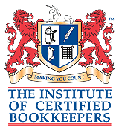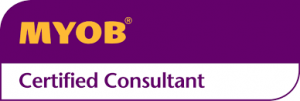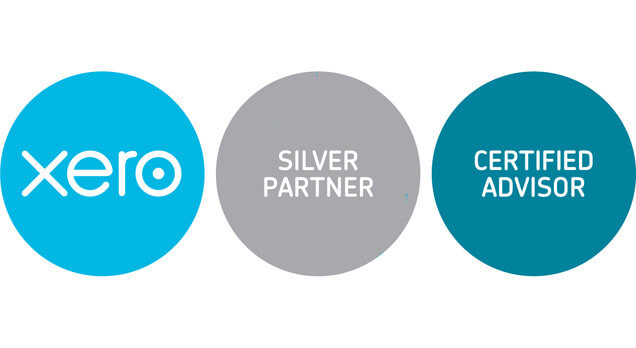Small business growth planning: 3 tips to set up for success in the New Year

The books from 2016 are closed, new plans for 2017 are drawn up and everyone is ready to focus on this year’s buzz word for small business: growth.
According to Inside Small Business, ‘growth is the most common theme from business owners when asked what they want for their business this next 12 months’. To ensure your business is set up for growth and success, here are 3 tips to guide your development plan for 2017.
1. Get your people engaged
Do your people want the best for your business? Do they uphold company values and are aware of the overall direction of the business? If you’re a little unsure on these questions, then you’ve got a bit of thinking to do. Your people are your biggest asset so ensuring that they remain engaged with your overall growth strategy is key. This can be particularly tricky when your staff operate in shifts or on a casual basis as the overall strategy can get diluted in the thrum of everyday responsibilities.
2. Know your critical business functions
Your people need to be aware of and willing to support critical functions of the business. This seems pretty obvious but often the maintenance of critical business functions can lose focus and clarity when you’re busy managing shifting priorities between staff and suppliers. To keep track of this, note down the key services or products of your business then assess which items are solely delivering on your brand promise to customers. Take note of which services are most important and if they are clearly listed on your staffs position descriptions. This is also where you need to demonstrate these key items to your staff so they feel empowered to own their responsibilities and feel engaged with your growth strategy.
3. Take a leaf out of an experts book
Sometimes small business owners need a helping hand or guidance from someone in the know. An expert advisor or consultant can help you understand your positioning in the market and compare your results to the industry benchmark. An advisor can also help develop tool kits to get your team engaged and improve communication and training.




